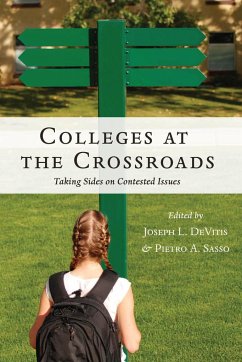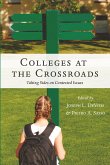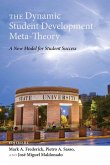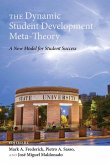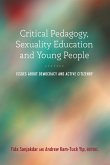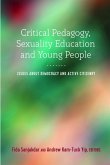Focusing on crucial issues in higher education, this book challenges readers to go beyond taken-for-granted assumptions about America's colleges and universities and instead critically examine important questions facing them in today's troubled world. Each chapter presents divergent perspectives, that is, "pro" and "con" views, in the hope of stimulating reasoned dialogue among students, faculty, administrators, and the public at large. Readers will explore how internal factors in the academic community often interact with external social, economic, and political influences to produce conflictual results. They will see that academe is hardly value-neutral and inevitably political. This book urges them to transcend strident political persuasion and instead engage in the careful analysis needed to make colleges better.
The text provides in-depth appraisal of key topics of controversy: the purposes of higher education, liberal education, academic freedom, political correctness, tenure, shared governance, faculty workload, admissions tests, student learning, Greek life, the worth of college, equity and social justice, athletics, student entitlement, technology and distance instruction, and college amenities. The book will appeal to students, faculty, staff, and all those interested in the future of higher education. It is especially useful for courses in contemporary issues in higher education, foundations of higher education, higher education and society, college student development, and the organization and administration of higher education.
The text provides in-depth appraisal of key topics of controversy: the purposes of higher education, liberal education, academic freedom, political correctness, tenure, shared governance, faculty workload, admissions tests, student learning, Greek life, the worth of college, equity and social justice, athletics, student entitlement, technology and distance instruction, and college amenities. The book will appeal to students, faculty, staff, and all those interested in the future of higher education. It is especially useful for courses in contemporary issues in higher education, foundations of higher education, higher education and society, college student development, and the organization and administration of higher education.
"Higher education seems in flux and confused in the 21st century. Students are rising up, faculty life is changing rapidly, leaders are becoming more difficult to find, and funding is uncertain. In Colleges at the Crossroads, Joseph L. DeVitis and Pietro A. Sasso invite readers to grapple with current issues in higher education from multiple perspectives while also urging them to challenge the very notion of higher education as we know it."-Marybeth Gasman, Judy and Howard Berkowitz Professor of Education, University of Pennsylvania, and Director of the Penn Center for Minority Serving Institutions

